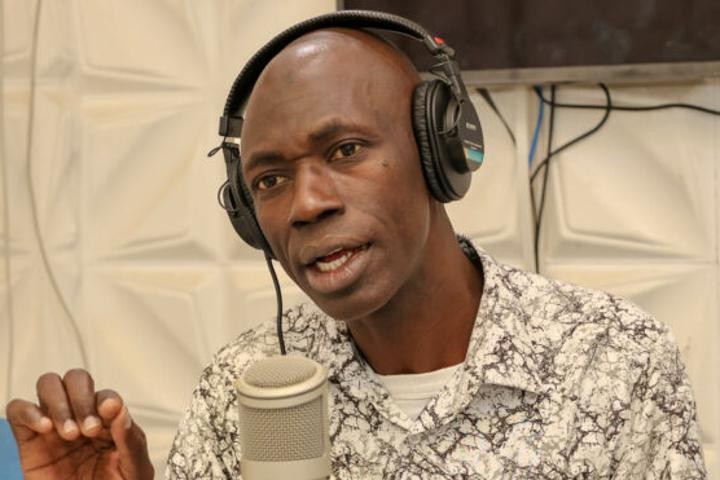
South Sudan is on the verge of plunging back into deadly armed violence unless political leaders urgently embrace dialogue, a leading civil society organization has warned.
Edmund Yakani, Executive Director of Community Empowerment for Progress Organization (CEPO) and a signatory to the Revitalized Agreement on the Resolution of the Conflict in South Sudan (R-ARCSS), sounded the alarm on Thursday, citing early warning indicators pointing to an imminent escalation of conflict.
“Our early warning system indicates that the country is likely to fall into a scale of deadly armed violence,” Yakani said. “Citizens of this country are tired of the violence. We know what is going on now at the border of South Sudan and Ethiopia, where confrontation between SSPDF and SPLA-IO is unfolding. We have also witnessed similar incidents around Tombura.”
Yakani blamed the slow implementation of the R-ARCSS for fueling political discontent and security tensions among rival groups. He cautioned that renewed fighting could undermine years of fragile peace gains, stability, and security.
“We are aware our leaders promised us the country will never return to war under their leadership, but evidence on the ground shows that deadly armed violence is already happening in some areas,” he added.
The CEPO chief appealed to the political class, including government officials, opposition leaders, and non-signatory armed groups—to resolve their differences through dialogue rather than resorting to arms.
“Please use dialogue to sort out your political differences. Don’t use arms,” Yakani urged. “It is essential to amalgamate the R-ARCSS and the Tumaini process to create a framework that transitions our country from violence to peace, leading to credible elections where power is transferred peacefully.”
He warned that South Sudan’s ongoing political transition faces a critical challenge and risks being derailed if parties fail to recommit to inclusive dialogue. “Violence may overtake the gains achieved during this transition,” Yakani concluded.

